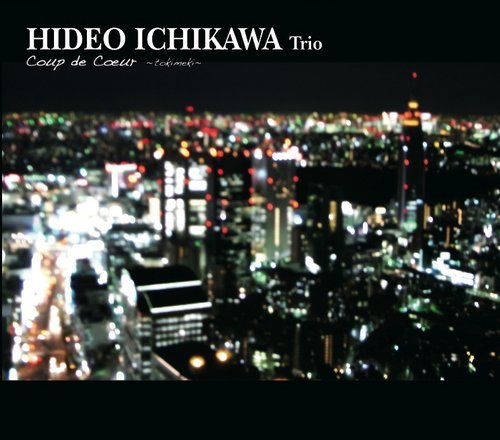Buddy Collette - Quartet & Quintet Sessions: 1956-1957 (2013)
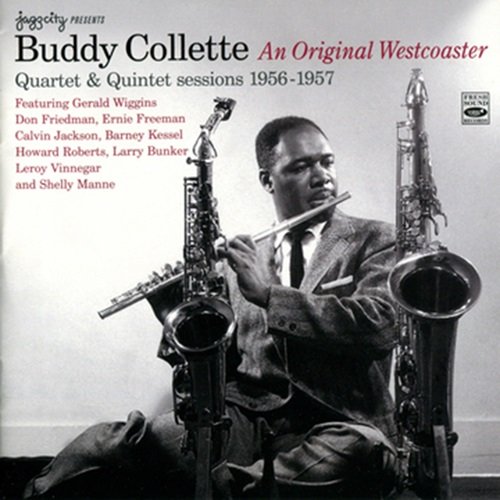
Artist: Buddy Collette
Title: Quartet & Quintet Sessions: 1956-1957
Year Of Release: 2013
Label: Jazz City Series
Genre: Jazz
Quality: Mp3 320 / Flac (tracks)
Total Time: 01:19:22
Total Size: 214/359 Mb
WebSite: Album Preview
Tracklist:Title: Quartet & Quintet Sessions: 1956-1957
Year Of Release: 2013
Label: Jazz City Series
Genre: Jazz
Quality: Mp3 320 / Flac (tracks)
Total Time: 01:19:22
Total Size: 214/359 Mb
WebSite: Album Preview
01. Makin' Whoopie 3:40
02. Jazz City Blues 4:47
03. Sunset Drive 3:24
04. Frenesi 2:45
05. St. Andrew's Place 3:46
06. Jungle Pipe 4:05
07. Cheryl Anne 4:40
08. Zan 3:25
09. A Nice Day 4:19
10. Over the Rainbow 5:16
11. Buddy Boo 4:35
12. There Will Never Be Another You 4:27
13. Moten Swing 3:27
14. Fall Winds 6:28
15. Blues for Howard 4:04
16. You Better Go Now 3:38
17. Tasty Dish 5:46
18. I Still Love You 3:29
19. Mrs. Potts 3:21
An important force in the Los Angeles jazz community, Buddy Collette was an early pioneer at playing jazz on the flute. Collette started on piano as a child and then gradually learned all of the woodwinds. He played with Les Hite in 1942; led a dance band while in the Navy during World War II; and then freelanced in the L.A. area with such bands as the Stars of Swing (1946), Edgar Hayes, Louis Jordan, Benny Carter, and Gerald Wilson (1949 and 1950). An early teacher of Charles Mingus, Collette became the first Black musician to get a permanent spot in a West Coast studio band (from 1951 to 1955). He gained his greatest recognition as an important member of the Chico Hamilton Quintet (1955 and 1956), and he recorded several albums as a leader in the mid- to late '50s for Contemporary. Otherwise, he mostly stuck to the L.A. area, freelancing, working in the studios, playing in clubs, teaching, and inspiring younger musicians. Although a fine tenor player and a good clarinetist, Collette's most distinctive voice is on flute; he recorded an album with one of his former students, the great James Newton (1989). In addition, Collette participated in a reunion of the Chico Hamilton Quintet, and recorded a two-disc "talking record" for the Issues label in 1994, in which he discussed some of what he had seen and experienced through the years. ~ Scott Yanow
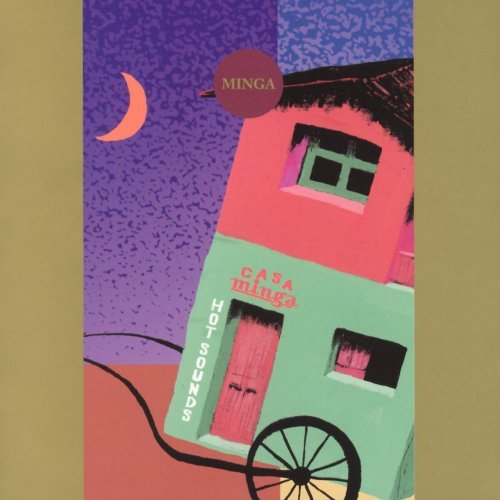
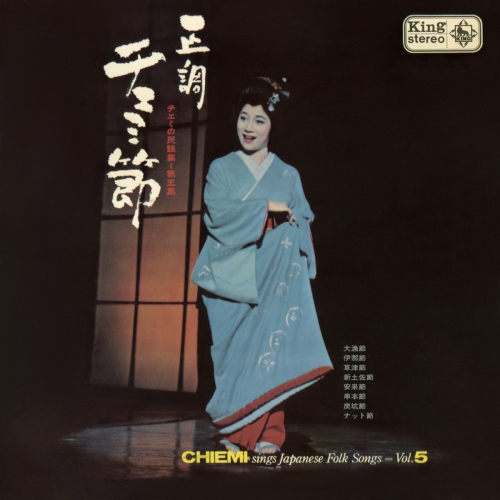
![Laura Anglade - Get Out of Town (Deluxe) (2026) [Hi-Res] Laura Anglade - Get Out of Town (Deluxe) (2026) [Hi-Res]](https://www.dibpic.com/uploads/posts/2026-02/1770950244_kznexew2l78jj_600.jpg)
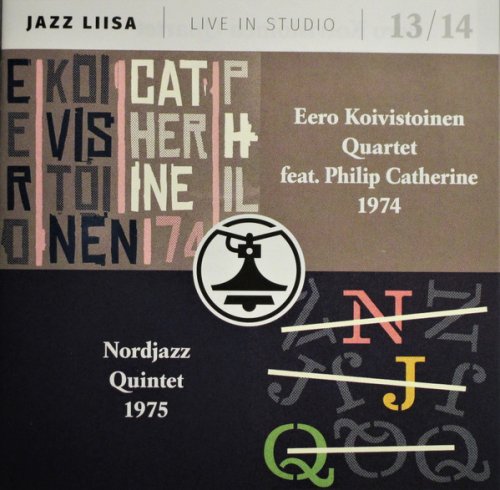
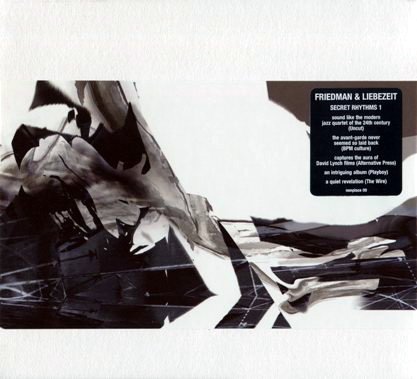
![John Coltrane - Giant Steps (1959) [2022 DSD256] John Coltrane - Giant Steps (1959) [2022 DSD256]](https://www.dibpic.com/uploads/posts/2026-02/1770884999_cover.jpg)
![Charles Owens Trio - 10 Years (Anniversary Edition) (2026) [Hi-Res] Charles Owens Trio - 10 Years (Anniversary Edition) (2026) [Hi-Res]](https://www.dibpic.com/uploads/posts/2026-02/1770942375_qq3q442wai8jz_600.jpg)

